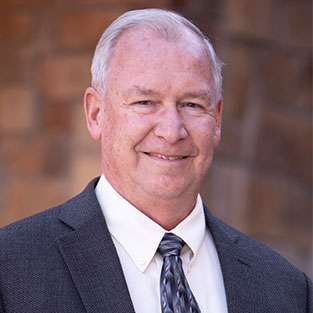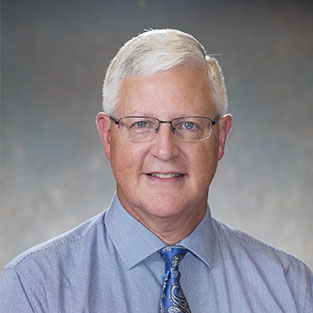Quick Facts
- Industry
- K-12
- Topics
- Watt's in the News
One of Commoner's lasting legacies is his four laws of ecology, as written in The Closing Circle in 1971. The four laws are:
- Everything is connected to everything else. There is one ecosphere for all living organisms and what affects one, affects all.
- Everything must go somewhere. There is no "waste" in nature and there is no "away" to which things can be thrown.
- Nature knows best. Humankind has fashioned technology to improve upon nature, but such change in a natural system is, says Commoner, "likely to be detrimental to that system".
- There is no such thing as a free lunch. Exploitation of nature will inevitably involve the conversion of resources from useful to useless forms.

Meet Dan Whisler, Trane Educator in Residence

